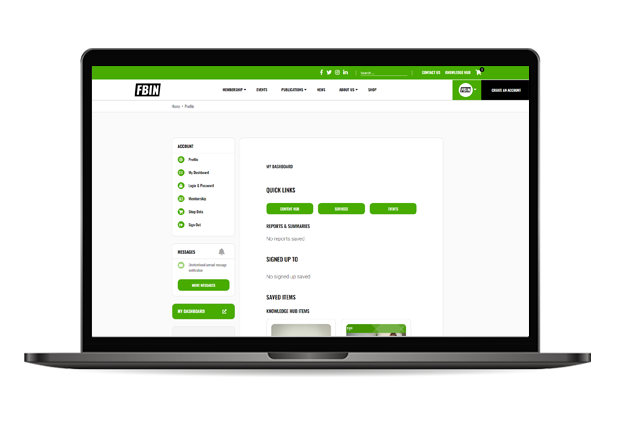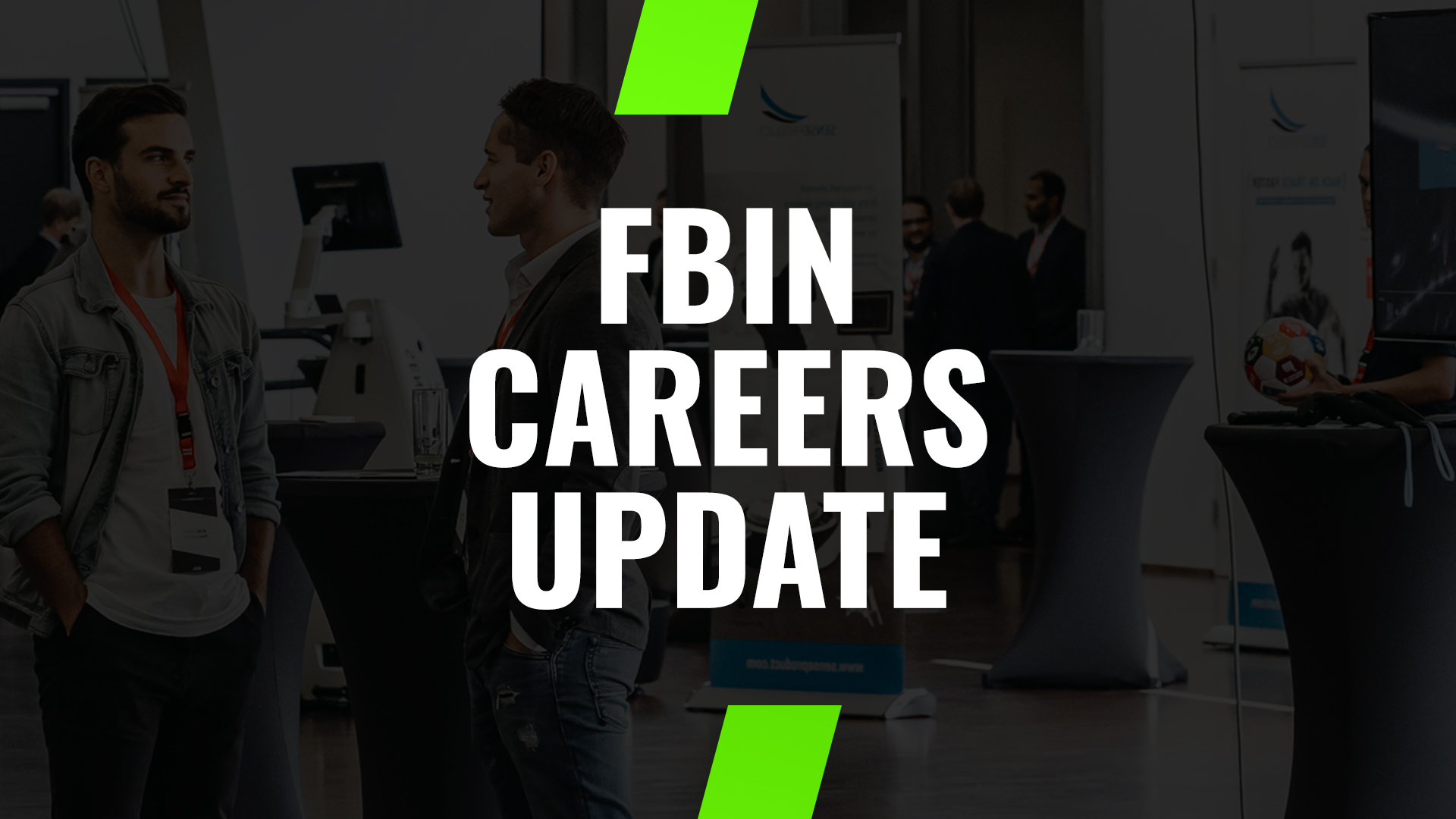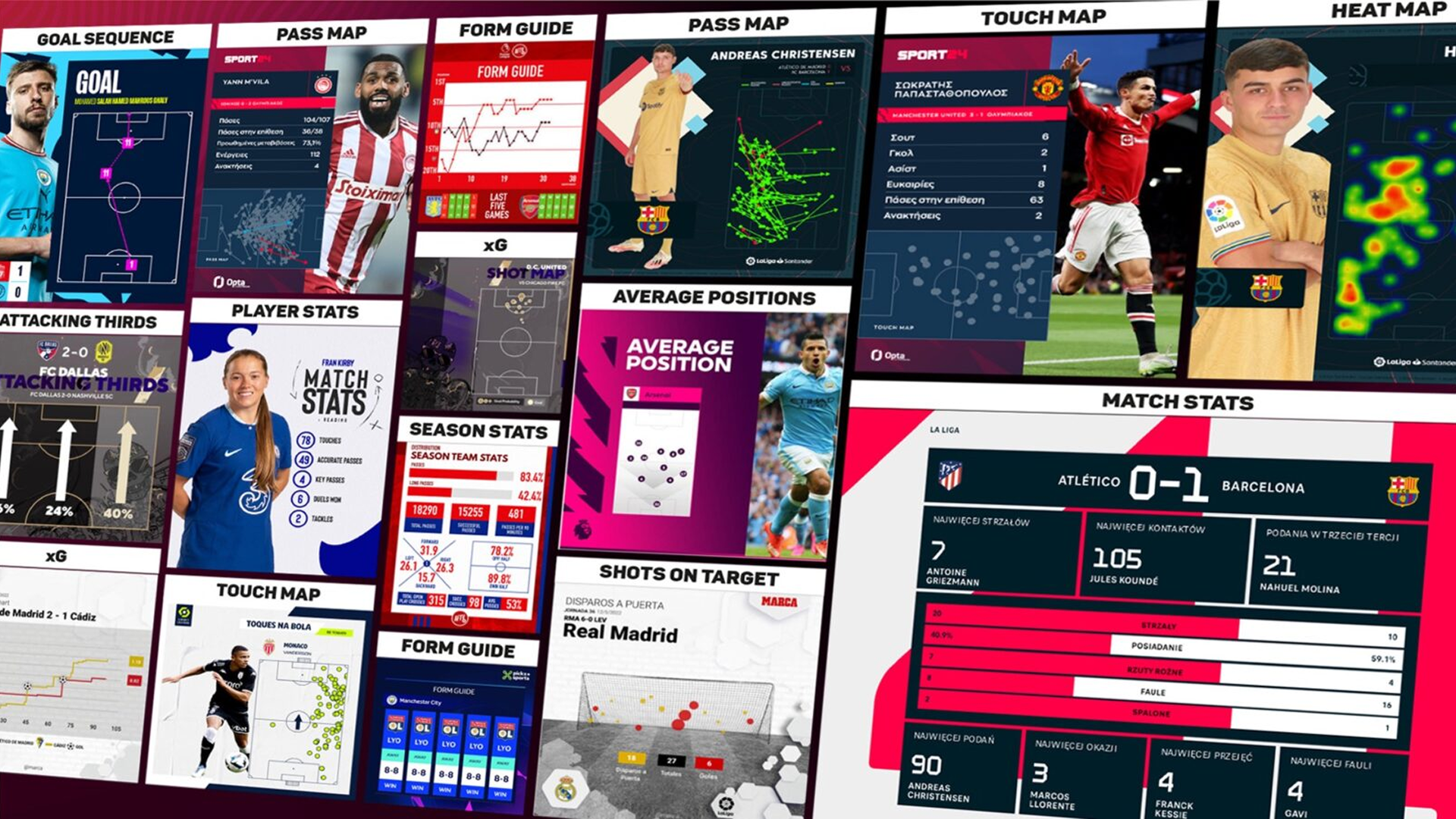FBIN recently connected with Jens Brämer, Managing Director, and Carlos Vuilleumier, Consultant Expert Sports, both from CTS EVENTIM Sports. They have recently joined FBIN Business Network to empower football organisations in the field of ticketing and more. In this article, we’ll explore what sets football ticketing apart from other entertainment sectors, uncover unique characteristics of the DACH region, and learn more about CTS EVENTIM Sports’ role in the industry.
By Quang T. Pham
Compared to ticketing in other entertainment sectors, what sets football apart in terms of ticketing?
Jens: One key difference is that football matches happen much more frequently than festivals and have a very consistent fan base with regular venue attendance. It’s a long-term relationship. Fans turn up, week in, week out, even if the weather is terrible. There’s also a very particular form of emotional investment among football fans: They closely scrutinize everything their club does, which adds a layer of complexity to operations within the sport. This can also be an advantage, though, as fans are very familiar with the stadium—from entry to where to buy a beer—which simplifies logistics somewhat. Fans’ emotional connection to their team also means that merchandising is hugely important: The colour of a shirt or a logo can have a big impact on fan sentiment.
Carlos: I’d add that the regularity of football games, with home matches every two weeks, introduces a unique dynamic of time pressure to operations. It demands efficient turnaround and constant readiness. But the regularity also fosters a routine, benefiting clubs and season ticket holders with predictable patterns that are perhaps less present in annually scheduled festivals. The consistent rhythm of football, from seating arrangements to fan attendance, simplifies planning. Festival organizers tend to navigate variable layouts and sectors each year, and face the pressures of staging a single big event. With football, you also have factors that heavily impact the fan experience but are out of your control, like whether a team wins or loses. If a team has a bad match or a bad season, it affects the fan relationship, which in turn affects marketing, merchandising and ticketing.
What are the unique selling points of EVENTIM.Tixx in such a competitive ticketing provider industry?
Jens: At a high level, I’d say that we understand clubs of all sizes and their specific needs. Our reliability, our performance, and the depth of our hands-on experience in providing consulting support to clubs is second to none. We also take an integrative approach that combines ticketing with marketing and merchandising. Then there’s the seamless integration of our technology into a club’s existing IT landscape. And the team behind it all is incredibly passionate about the game, and about sport in general. That spirit comes across in everything we do.
Can you give us some details about your key product offerings?
Jens: As you can imagine, it’s more than just ticketing; we offer a comprehensive digital platform that includes ticketing as well as merchandising, communication, a CRM system, a newsletter system, a membership management tool, and much more. This suite of products is exceptionally flexible, allowing clients to use one module, all of them, or a bespoke combination. That degree of flexibility sets us apart, enabling us to meet every club’s expectations. Whether it’s integrating with major platforms like Microsoft or Salesforce for the larger clubs, or providing a range of solutions from ticketing to memberships for smaller clubs in Germany, Austria and Switzerland, our platform is designed to fit perfectly into our clients’ ecosystems. The versatility and range of our offerings make us unique and competitive in the market.
Carlos: Our focus spans multiple facets of a club. By providing flexible tools, we offer support that goes beyond the ticketing department. Our newsletter system, for instance, is a powerful tool for the merchandise and marketing departments. And it’s not just the big clubs that benefit. We do have major players on our books, such as Borussia Dortmund and FC Red Bull Salzburg—but our broad, flexible product suite is just as beneficial for small and medium-sized clubs like WSG Tirol and FC Flyeralarm Admira.
Which are your current key markets within the football sector?
Jens: Austria is a major focus for us. We’re actively broadening our footprint here, and joining the FBIN network is a big part of that. Working with the Austrian clubs and fans is a key element of our activities in the DACH region, which also includes Germany and Switzerland, two markets where we’ve had great success. We’re exploring opportunities in other countries too, but our main efforts are directed towards Austria and the DACH region for now.
Could you mention some notable clients or successful case studies?
Jens: Our latest big partner in Austria is the Austrian Ski Federation. When it comes to football, we work with many incredible clubs of all shapes and sizes. A few examples are FC Red Bull Salzburg in Austria, Borussia Dortmund and Borussia Mönchengladbach in Germany, and FC Luzern and Grasshopper Club Zürich in Switzerland.
Despite the similarities, are there any differences you’ve encountered when entering the Austrian market compared to Germany and Switzerland?
Carlos: Austria has a smaller population than Germany, which creates a unique landscape within sports. Even clubs in the top leagues there differ from clubs in larger countries like Germany and Spain. They all face the same challenges, but the Austrian clubs need different strategies to address them. A smaller team where perhaps one person is handling multiple roles will need a tailored approach to digitalization, for instance. The destination is the same; you just have to take a different route. We can get them there. With consulting, there are more similarities: Our relationships with the clubs in Austria are just as personal as in Germany and Switzerland. Because we don’t use support email or hotlines, the clubs know their partners at EVENTIM Sports really well. They have a dedicated consultant and we’re available any time, whether it’s Monday morning or Saturday night. And we will be there immediately, whether in Vienna, Graz, Salzburg, Linz or Innsbruck. That personal touch is one of our USPs. Our consultants work so closely with the clubs, it’s often more like a relationship between colleagues rather than service provider and client.
What are your “big next thing” for 2024 and your long-term strategy?
Jens: For 2024, we’re going to be consistently developing every aspect of our platform. It’s already highly functional and flexible, and we’re looking forward to building on that so clubs can keep moving forward and embracing the future of ticketing, marketing and merchandising. Looking ahead to next year, we’ve got a lot of consultancy projects in the pipeline: With these, clubs will be able to get the most out of our platform and really drive their economic success. Strategically, everything builds on our passion for helping clubs to flourish – and for bringing fans and players together to create unforgettable match-day experiences.


 Upgrade to Premium Now
Upgrade to Premium Now






